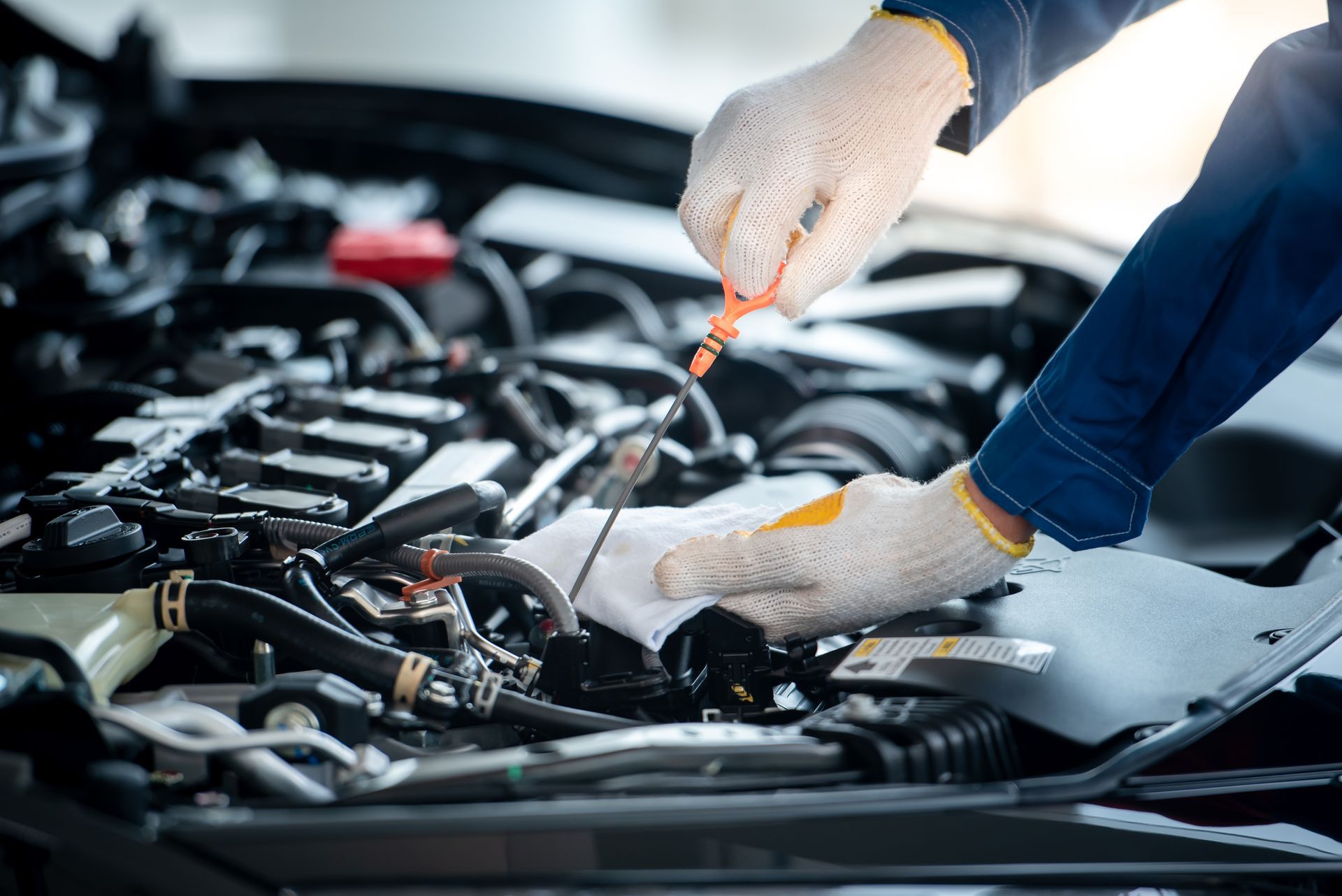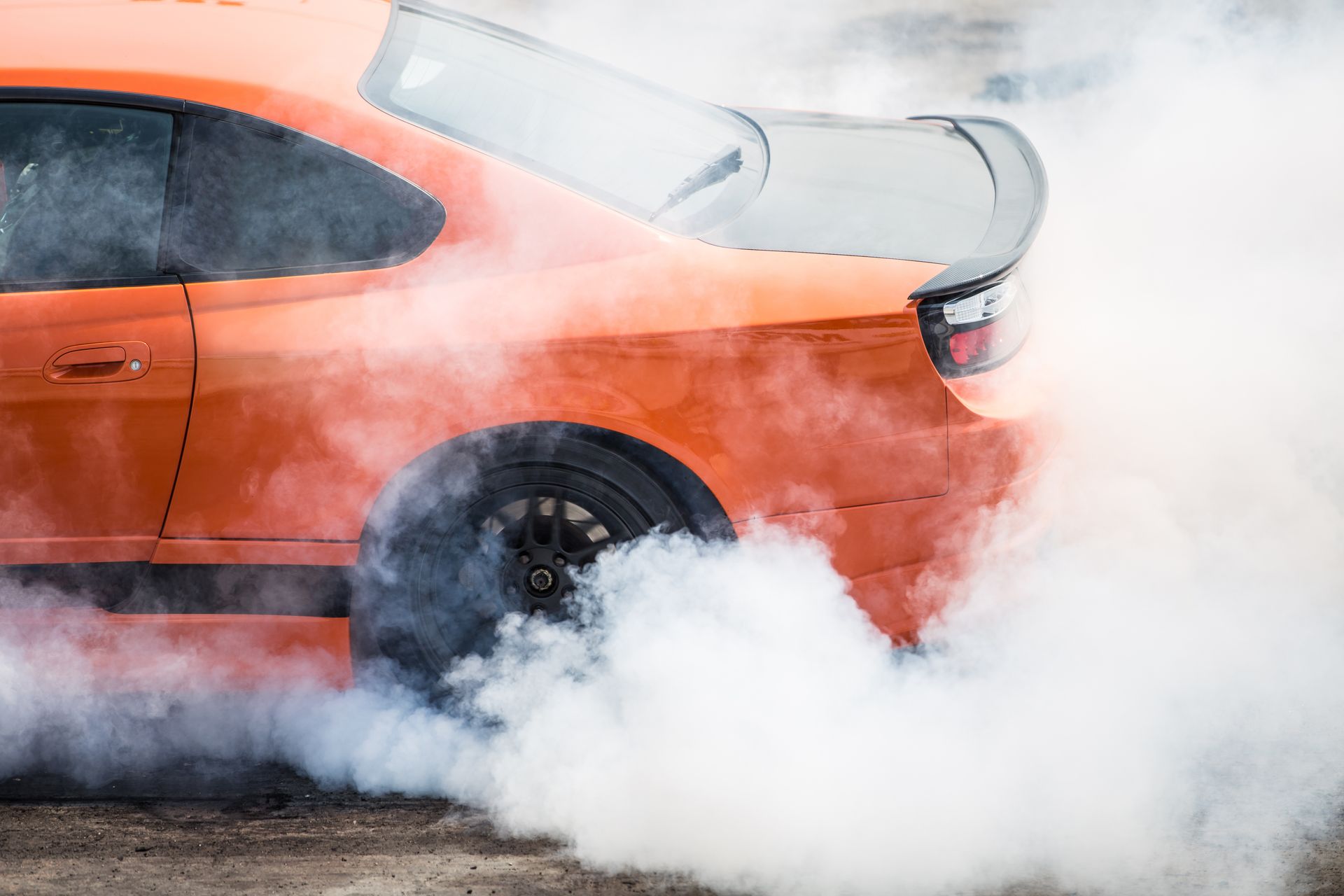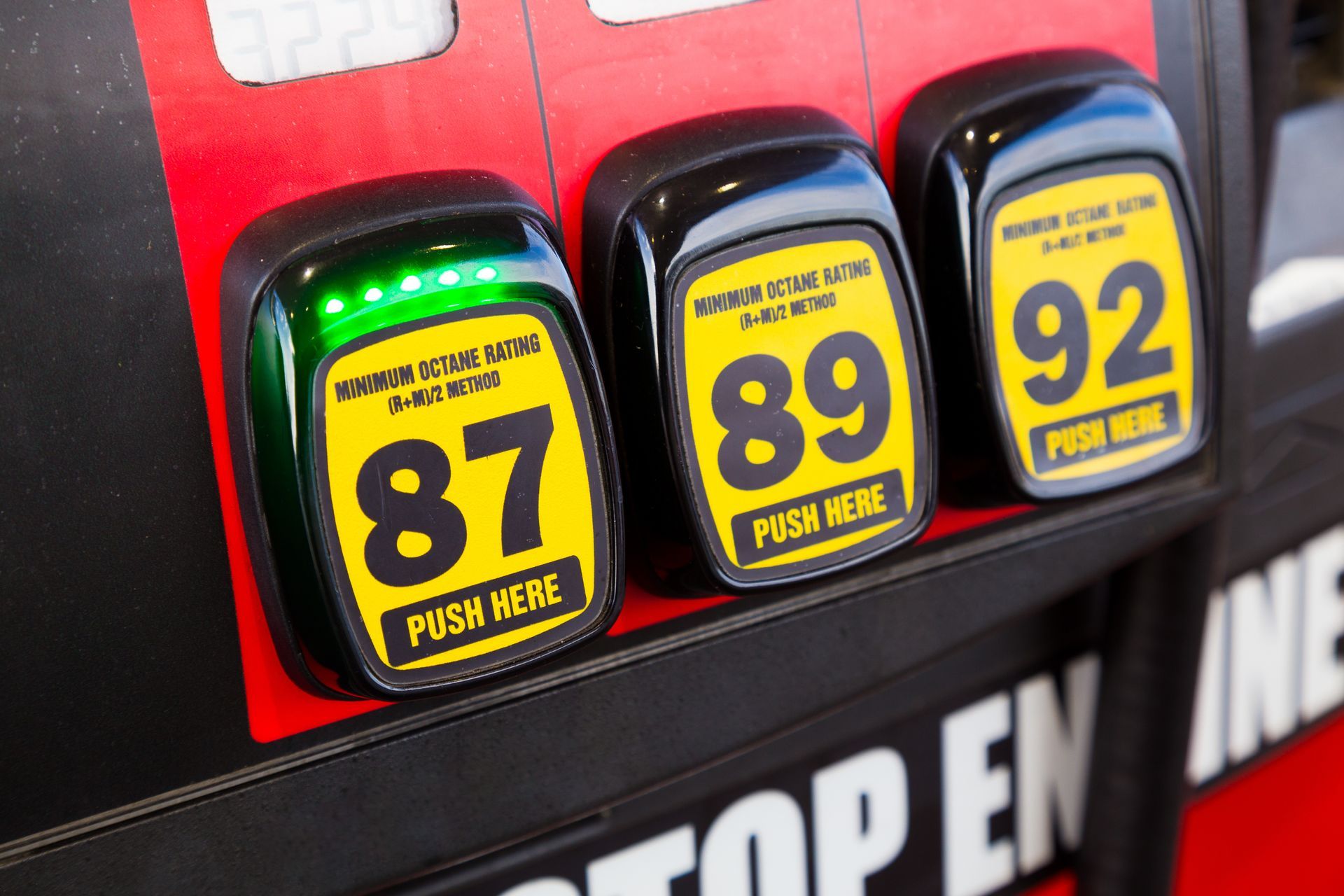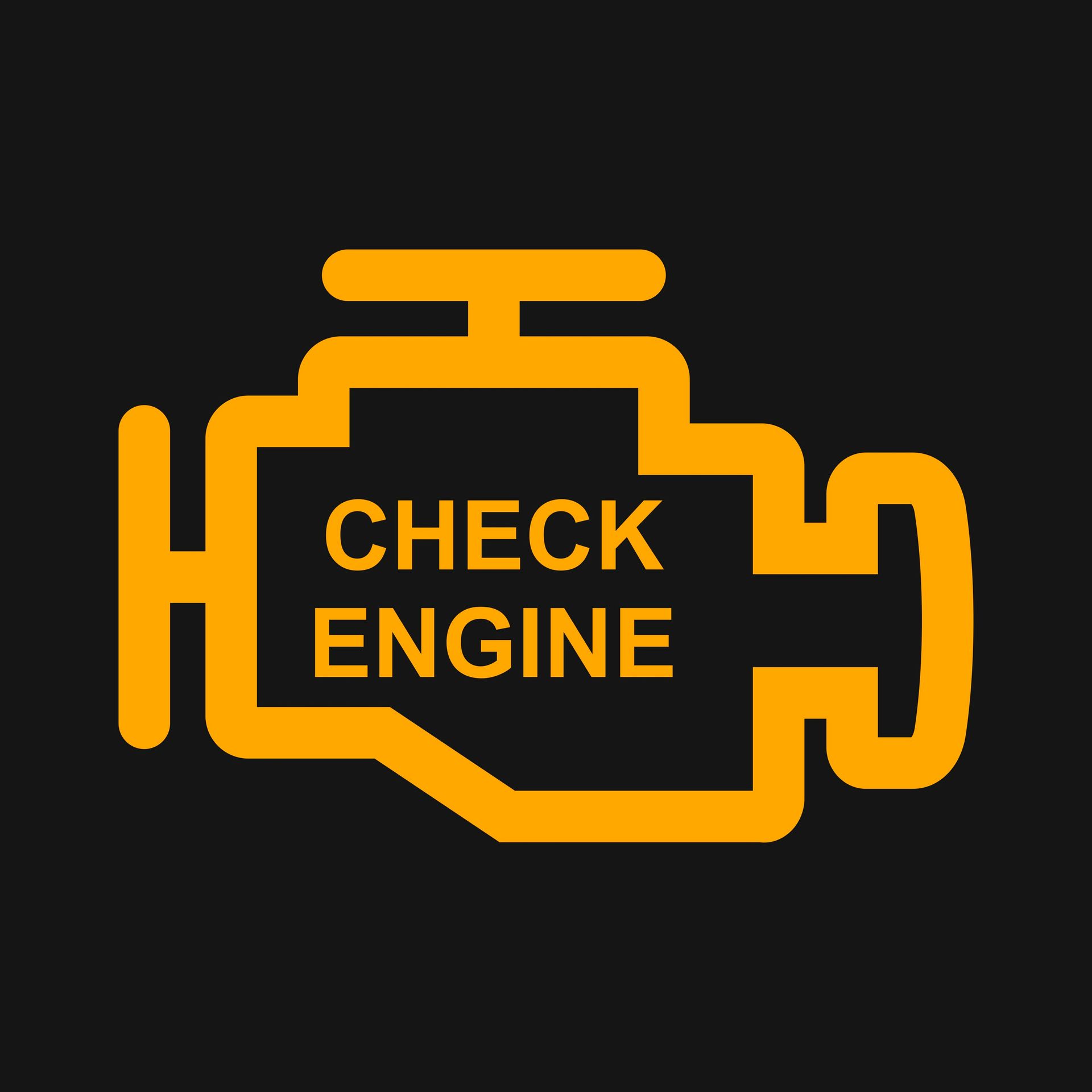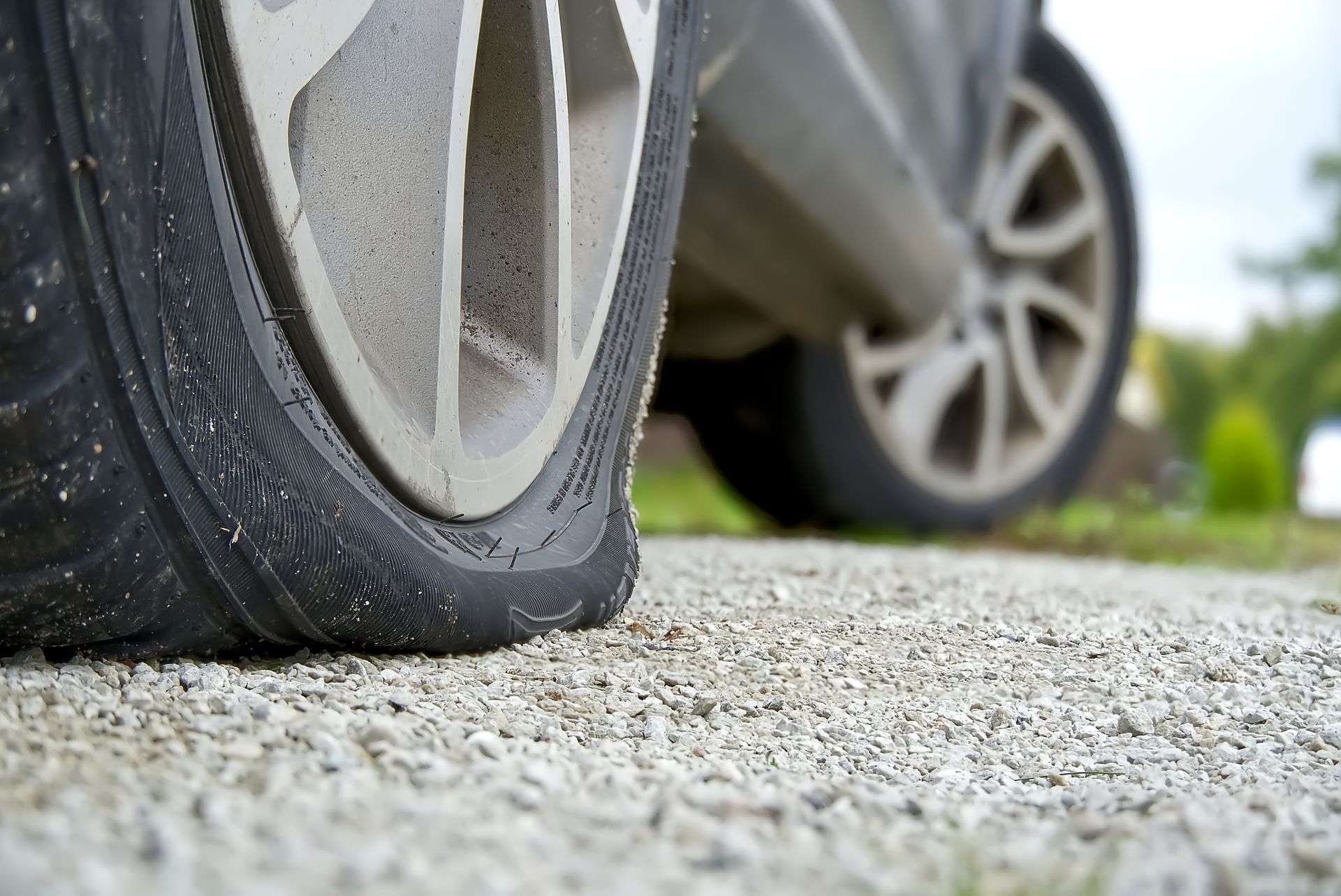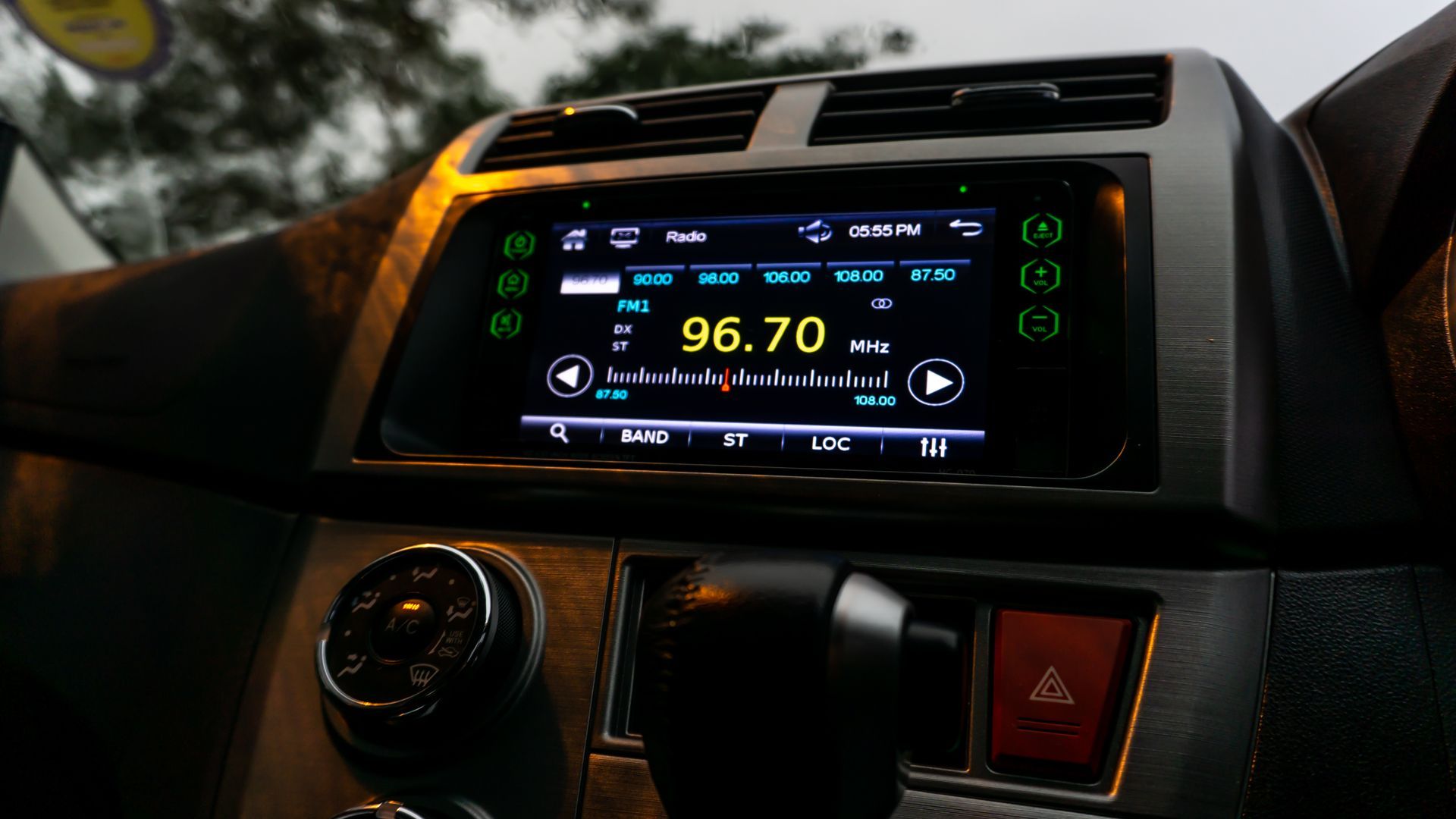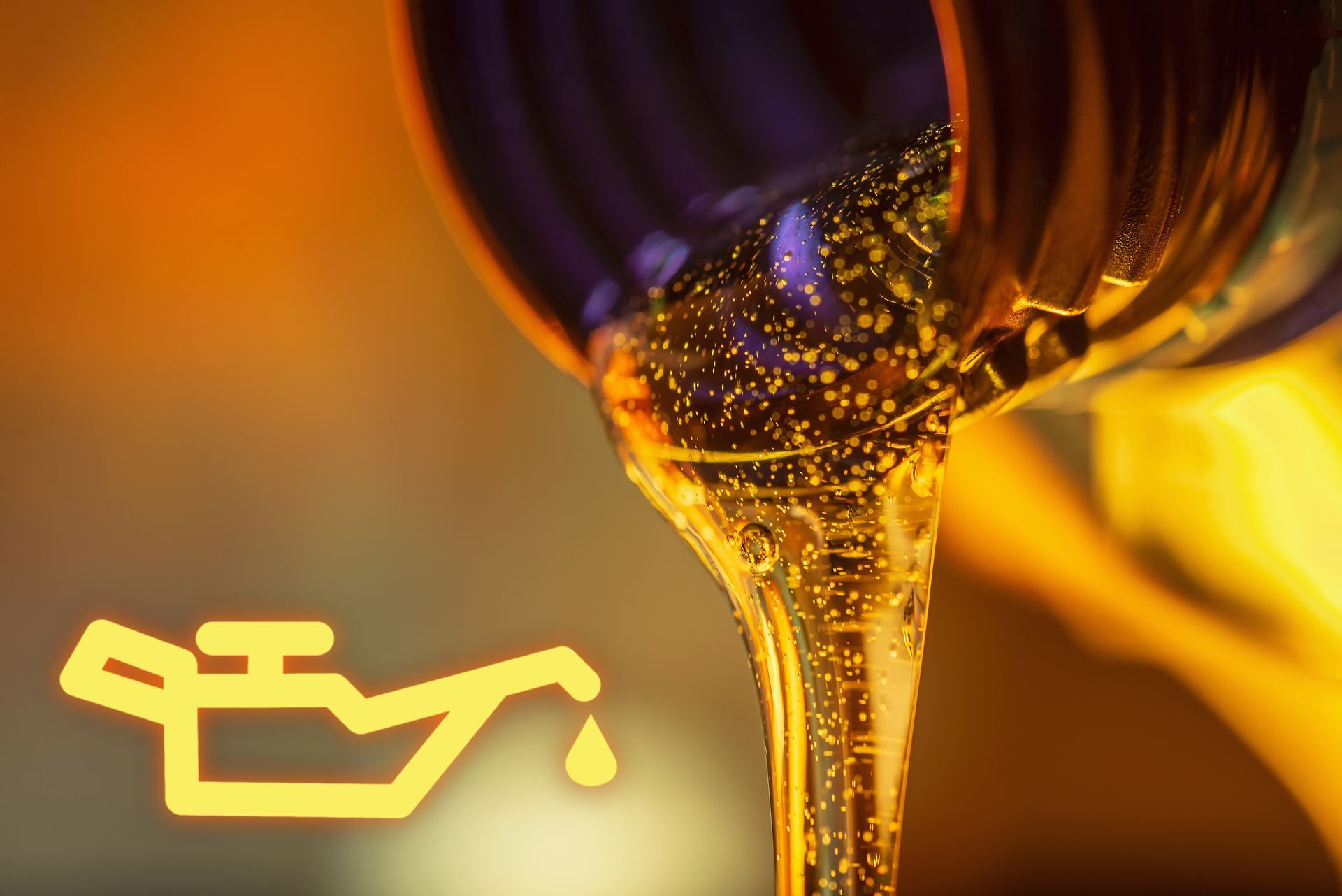If you’ve noticed your Audi 2.0T shaking at idle, stumbling when you accelerate, or turning on the check engine light, you may be experiencing a misfire. While it may seem like a small hiccup, a misfire is your engine’s way of telling you that something’s off—and ignoring it can lead to serious mechanical trouble if left unresolved.
The Audi 2.0T engine is a popular turbocharged four-cylinder that offers a smooth balance of power and efficiency. But like any complex engine, it can suffer from specific wear points that cause one or more cylinders to misfire. Understanding the possible causes can help you catch the problem early and avoid costly repairs.
How a Misfire Happens
An engine misfire occurs when one of the cylinders fails to complete the combustion process correctly. For combustion to happen, the engine needs three essential ingredients: spark, fuel, and air. If any one of those is missing or off balance in a given cylinder, that cylinder misfires, resulting in poor performance, rough idling, or engine hesitation.
In the Audi 2.0T, several components must work together in perfect sync to maintain proper combustion. Even a small failure in one part can disrupt the entire process.
Ignition Coils and Spark Plugs
One of the most common causes of misfires in the 2.0T engine is a failed ignition coil. Each cylinder uses its own coil to deliver high-voltage electricity to the spark plug, which ignites the air-fuel mixture. Over time, ignition coils can wear out due to heat and vibration. When one starts to fail, the cylinder it controls begins to misfire, often accompanied by a noticeable drop in performance.
Spark plugs themselves can also be a culprit. If the plug is fouled, worn, or improperly gapped, it may not create a strong enough spark to ignite the fuel. This is why regular maintenance is so important, especially in turbocharged engines like the 2.0T that run hotter than naturally aspirated ones.
Fuel Delivery Problems
Another possible cause of misfiring is a clogged or malfunctioning fuel injector. Direct-injected engines like the 2.0T rely on precisely timed fuel spray into each cylinder. If the injector isn’t delivering the correct amount of fuel or is spraying inconsistently, that cylinder can misfire due to a lean or uneven mixture.
In some cases, fuel pump pressure issues can cause similar symptoms. Low fuel pressure across the rail may result in one or more cylinders receiving insufficient fuel to fire properly.
Carbon Buildup on Intake Valves
Because the Audi 2.0T uses direct fuel injection, fuel does not pass over the intake valves to help clean them. Over time, oil vapors from the crankcase ventilation system can deposit on the intake valves, forming a hard carbon buildup. This restricts airflow into the combustion chamber and can cause misfires, especially at idle or under light load.
Carbon buildup tends to develop more quickly in engines that make frequent short trips, where the engine doesn’t reach full operating temperature for long periods. Walnut blasting is a common cleaning method used by repair shops to remove these deposits and restore smooth airflow.
Timing Chain and Sensor Issues
Another possible factor is a problem with the engine’s timing chain system. If the chain stretches or the tensioner fails, the timing between the crankshaft and camshaft can shift, causing poor valve timing. When the valves open and close at the wrong time, combustion becomes inconsistent, and misfires can occur.
Crankshaft and camshaft position sensors are also critical. These sensors tell the engine computer when to fire each coil and injector. A faulty sensor might send incorrect signals, disrupting the timing of spark or fuel and leading to misfires.
Vacuum Leaks and PCV System Faults
Unmetered air entering the engine through a vacuum leak can lead to a lean condition, where there’s too much air and not enough fuel. This imbalance can cause a cylinder to misfire. Common sources of vacuum leaks include cracked hoses, failed gaskets, or issues with the intake manifold.
On Audi 2.0T engines, the PCV (positive crankcase ventilation) system is another known trouble spot. If the PCV valve fails, it can upset the air-fuel mixture, causing idle instability or misfiring. Fortunately, this is a relatively inexpensive repair when caught early.
Don't Wait to Address Misfires
While your Audi might still run with a misfire, it’s not something to ignore. Continued misfiring can lead to raw fuel entering the exhaust, damaging the catalytic converter, or increasing emissions. It also puts strain on the engine and can accelerate wear in other areas.
If your check engine light is flashing or you feel hesitation, surging, or rough idle, a professional diagnostic is the best next step. A technician will retrieve fault codes, inspect the ignition and fuel system, and test components to pinpoint the exact cause of the misfire.
Let EuroPro Automotive in Spokane Valley, WA, Restore Your Audi’s Performance
We know Audi engines inside and out, and we understand the quirks of the 2.0T platform. Whether your misfire is caused by ignition, fuel, timing, or air delivery issues, our technicians have the tools and expertise to pinpoint the root of the problem.
Call
EuroPro Automotive in Spokane Valley, WA, today to schedule diagnostics for your Audi. We'll help you get back to smooth, confident driving with expert repairs and personalized care.

